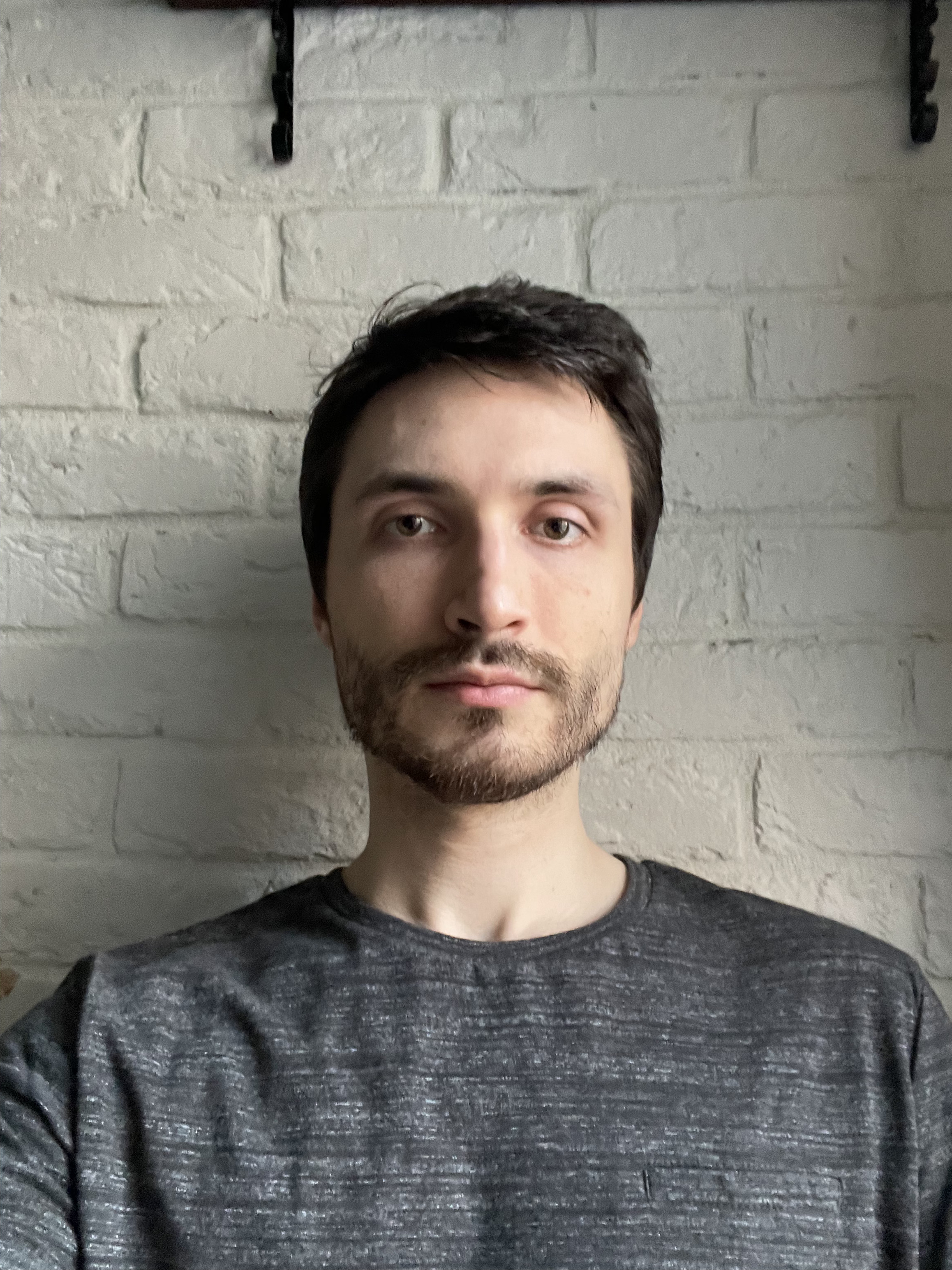One of the most complicated problems in the study of early Christianity is determining the degree of its receptiveness to other cultures of the ancient world. The article considers the particular case of this issue – the reception of images of ancient demi-god heroes in early Christianity and relation of this reception to the formation of Christian religious identity. The research analyzes the debate on the use of the concept “θεῖος ἀνήρ” in the academic studies of early Christianity. This concept emerged at the beginning of the 20th century in liberal Protestant Biblical studies, which was named “The School of the History of Religion” (Religionsgeschichtliche Schule). Based on this, early Christian concepts of holiness and divinity were linked to ancient ideas of miracle workers. This theory has been criticized for its lack of historical approach and arbitrary treatment of sources. The final result of this criticism was a skeptical attitude towards the comparative method in the study of early Christianity and Antiquity. The article presents arguments in favor of understanding the formation of early Christian Christology as a part of the culture of Late Antiquity, and the comparative approach is justified by discourse analysis, where Christian apologists and their opponents criticized the existing forms of deification, using ethical discourse instead of metaphysical discourse, indicating a commonality in ideas about the possibility of achieving divinity for humans. It is also possible to detect the presence of common stable topoi in early Christian texts through lists of heroes that are compared based on their deification with Jesus, as well as through ancient aretalogical theory and evidence of common theological ideas that can be identified through ancient mythography.
Key words: Early Christianity, Antiquity, aretalogy, mythography, divine man
DOI: 10.22250/20728662-2025-2-132-139
About the author
 |
Valentin A. Perestoronin – Assistant at the Department of Philosophy and Religious Studies, St. Petersburg State University; 5 Mendeleevskaya linya, St. Petersburg, 199034, Russia; This email address is being protected from spambots. You need JavaScript enabled to view it. |






